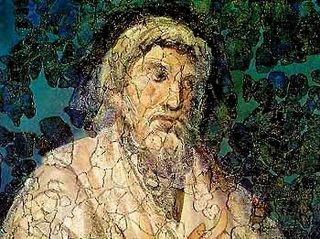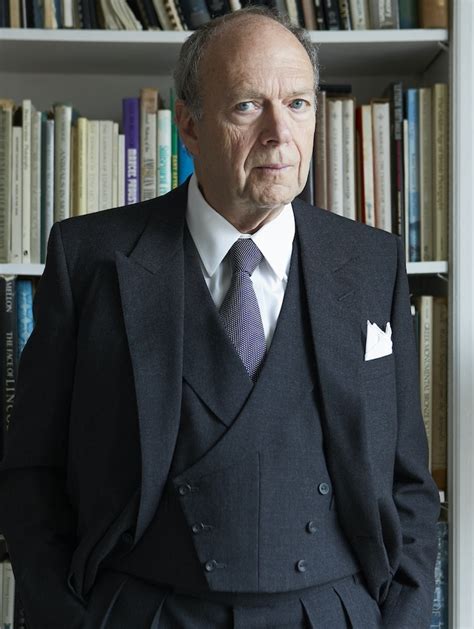A Quote by Lactantius
The poets, therefore, however much they adorned the gods in their poems, and amplified their exploits with the highest praises, yet very frequently confess that all things are held together and governed by one spirit or mind.
Related Quotes
It's hard to say what makes the mind piece things together in a sudden lightning flash. I've come to hold the human spirit in the highest regard. Like the body, it struggles to repair itself. As cells fight off infection and conquer illness, the spirit, too, has remarkable resilience. It knows when it is harmed, and it knows she the harm is too much to bear. If it deems the injury too great, the spirit cocoons the wound, in the same fashion that the body forms a cyst around infection, until the time comes that it can deal with it.
If you look at the Directory of American Poets and Writers, you know there are hundreds of poets in New York City. So therefore, just by specific gravity, it seems like a more significant place. Robert Wrigley is a poet who lives in rural Idaho - I think it's really back-country Idaho - and he writes beautiful poems.
As a guiding principle I believe that every poem must be its own sole freshly created universe, and therefore have no belief n 'tradition' or a common myth-kitty or casual allusions in poems to other poems or poets, which last I find unpleasantly like the talk of literary understrappers letting you see they know the right people.
Be who you are nothing more nothing less, and let the beauty that you love be the very best. Sing praises to the highest with your feet on the ground, and reach for your brother with the words that you sound, and don't let mistakes be so monumental, and don't let your love be so confidential, and don't let your mind be so darn judgmental, and please let your heart be more influential. Be thankful for all the Spirit provides, And be thankful for all that you can see without eyes, Give thanks to music that keeps us alive, And give thanks to all DJs worldwide.
I do feel that now and I feel that this development of recording poems, of speaking poems at readings, of having records of poets, I think this is a wonderful thing. I'm very excited by it. In a sense, there's a return, isn't there, to the old role of the poet, which was to speak to a group of people, to come across.
After all, poets shouldn't be their own interpreters and shouldn't carefully dissect their poems into everyday prose; that would mean the end of being poets. Poets send their creations into the world, it is up to the reader, the aesthetician, and the critic to determine what they wanted to say with their creations.



































